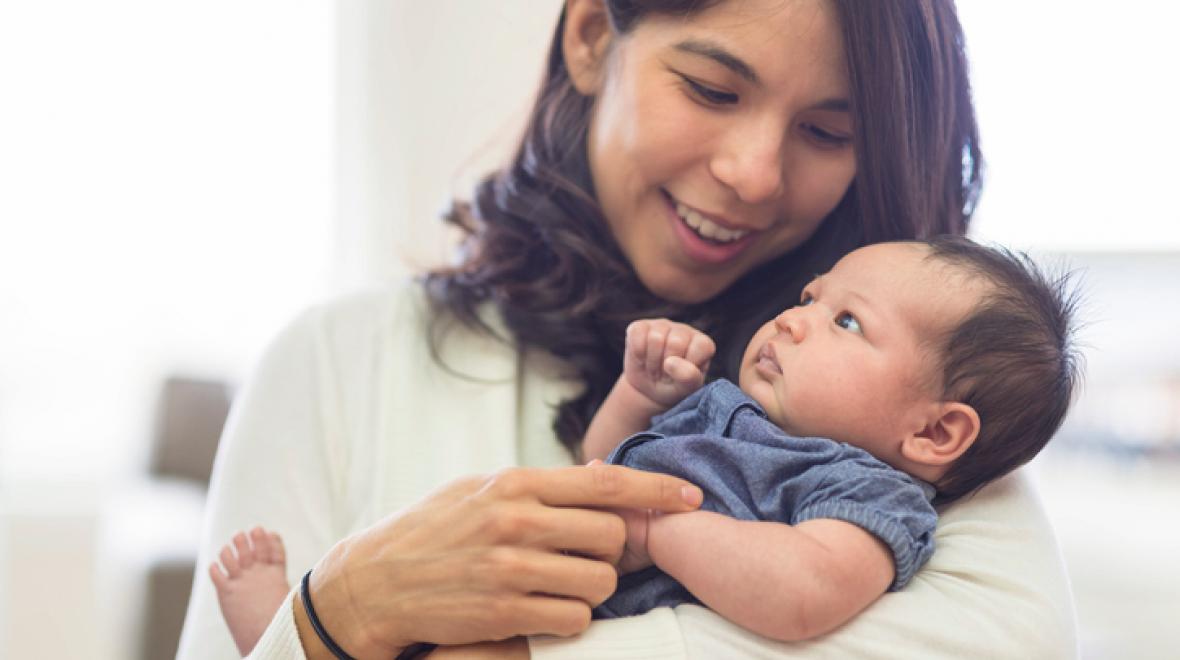
It’s hard to stay on top of all the medical news you need to so we did it for you! Here are three studies that expectant and new parents should know about:
Eating during labor isn't necessarily a bad thing.
Wondering if you’ll be confined to noshing on ice chips during your next childbirth? Talk it over with your doctor. According to a study in the "American Journal of Nursing," there was no increase in risks for women who were allowed to eat and drink during labor.
When scientists examined an estimated 2,800 women between 2008 and 2012, they found that eating and drinking during labor wasn’t all too troublesome in most cases.
Although some women shouldn’t eat, it is something to bring up with your doctor before the big day. After all, being able to refuel during labor could give you the vigor you need to make it through a little more energized.
Babies can age us.
A new study in the journal "Human Reproduction" found that having a child can accelerate cellular aging (!).
That process occurs in all people as we age and is typically marked by the shortening of telomeres (the end caps on our chromosomes). This study, however, found that having a child aged woman the equivalent of 11 years. (That doesn’t mean women who have kids will die 11 years sooner than they would have if they didn’t have kids, the researchers noted.)
“We found that women who had five or more children had even shorter telomeres compared to those who had none, and relatively shorter relative to those who had one, two, three or four, even,” says one of the researchers involved in the study, Anna Pollack, Ph.D., a researcher at George Mason University in Virginia.
Co-sleeping can be a conundrum.
Moms who co-sleep with their babies may experience depression or feel judged, say Penn State researchers.
When they evaluated 103 mothers’ sleeping patterns and perceptions on baby sleep, they found that mothers who were still co-sleeping after the baby was 6 months old were more likely to feel worried about the child’s sleep, depressed in general and apprehensive that their decision to co-sleep was being criticized.
“We found that about 73 percent of families co-slept at the one-month point. That dropped to about 50 percent by three months, and by six months, it was down to about 25 percent,” said Douglas Teti, a department head and professor at Penn State.
Moms who were still co-sleeping with infants after the six-month mark were 76 percent more depressed, on average, than those who moved the baby into a different room.
Co-sleeping can cause more loss of sleep for parents compared to having the baby sleep in its own room, reports the study, published in "Infant and Child Development."
“If you co-sleep, it is going to disrupt your sleep, and probably Mom's sleep more than Dad's,” Teti said. “So this is something to be careful with if you're not good with chronic sleep debt.”











